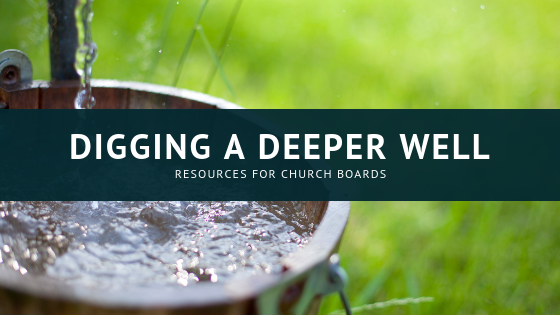In the fourth chapter of Mark’s Gospel, Jesus tells a parable:
Again Jesus began to teach beside the sea. Such a very large crowd gathered around him that he got into a boat on the sea and sat there, while the whole crowd was beside the sea on the land. 2He began to teach them many things in parables, and in his teaching he said to them:3“Listen! A sower went out to sow. 4And as he sowed, some seed fell on the path, and the birds came and ate it up. 5Other seed fell on rocky ground, where it did not have much soil, and it sprang up quickly, since it had no depth of soil. 6And when the sun rose, it was scorched; and since it had no root, it withered away. 7Other seed fell among thorns, and the thorns grew up and choked it, and it yielded no grain. 8Other seed fell into good soil and brought forth grain, growing up and increasing and yielding thirty and sixty and a hundredfold.” 9And he said, “Let anyone with ears to hear listen!”
Parables are not allegories. Still, using the parable of the sower/soils as an allegory of sorts for congregational work is too good to resist—especially since the gospels themselves include an allegorical interpretation of this parable.
Thinking of your congregation:
• Where, like the seed on the path, are your efforts as a church being rejected outright?
• Where is a good initiative withering, like the seed on the stony soil, in the face of opposition?
• Where, like the thorns, is ministry up against the fiercest competition?
• And where are things growing, flourishing – whether you planned that or not?
It’s interesting . . . the parable does not direct our attention toward a more “targeted” sowing of the seed. There seems to be a willingness for the sower to sow the seed recklessly, randomly, without careful precision.
In that light:
• Where are risks being taken – akin to seed being slung everywhere-in your congregation?
• Where have you been surprised by bountiful harvest?
• When you experience the “hundred-fold bounty,” are you/should you be directing more seeds in that place?
British poet Adelaide Anne Procter (1825-1864) offers some sweetly rhymed but deceptively challenging agricultural advice in the following poem:
Sowing and Reaping
by Adelaide Anne Procter
Sow with a generous hand;
Pause not for toil or pain;
Weary not through the heat of summer,
Weary not through the cold spring rain,
But wait till the autumn comes
For the sheaves of golden grain.
Scatter the seed, and fear not,
A table will be spread;
What matter if you are too weary
To eat your hard earned bread!
Sow, while the earth is broken,
For the hungry must be fed.
Sow; — while the seeds are lying
In the warm earth’s bosom deep,
And your warm tears fall upon it, —
They will stir in their quiet sleep;
And the green blades rise the quicker,
Perchance, for the tears you weep.
Then sow; — for the hours are fleeting,
And the seed must fall to-day;
And care not what hands shall reap it,
Or if you shall have passed away
Before the waving cornfields
Shall gladden the sunny day.
Sow; and look onward, upward,
Where the starry light appears,
Where, in spite of the coward’s doubting,
Or your own heart’s trembling fears,
You shall reap in joy the harvest
You have sown to-day in tears
• How is she calling us to sow and reap?
• Where is her advice hardest to follow—for you, and for your congregation?








No Comments